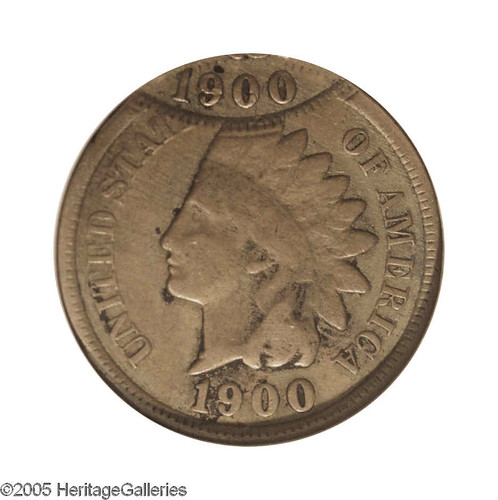Redbeard's Mockingbird, the fourth
"Don't you say hey to me, you ugly girl!"
I don't know what to make of Mrs. Dubose. At first, I was content to dislike her, much like Scout and Atticus. But then after I read the chapter, I felt pity and pride for her more than dislike. Who can say how much of her attitude was natural, and how much was the result of her weening from morphine? It reminds me of a work-related story. Some old curmudgeon came in and wanted to use the copier. He was grumbling and crabby. That's not exactly a ringing endorsement for extra service with a smile. But, I helped him. Turns out he'd just worked a double shift, and was copying off sheet music for church the next morning, because the regular person fell ill. You can imagine how that made me feel.
From Chapter 12 -
"This is not enough, we must have ten dollars... ...Alec, shut the doors. Nobody leaves here till we have ten dollars."
This is pretty far-removed from this day and age. First of all, there's the general poor-ness of the community, probably making it hard for them to be able to spare $10. (That would be around $125 in today's dollars). Then, there's the idea that they were basically held prisoner until someone coughed up the money. Consider this next line:
"Carlow Richardson, I haven't seen you up this aisle yet."
How embarassing. On two levels. Being called out in front of everyone for stinginess, and having everyone else know that it was your fault for keeping them there.
From Chapter 13 -
Amanuensis - someone skilled in the transcription of speech (especially dictation)
From Chapter 16 -
"In a far corner of the square, the Negroes say quietly in the sun, dining on sardines, crackers, and the more vivid flavors of Nehi cola."
This passage made me smile. If you've ever been to Scout camp, you'll know why. But for you ladies who didn't have brothers in the organisation, let me elucidate with this link. If you've never had a bliss-enducing peach float, you're missing out. I think we might just have some cans of Nehi left from our last trip. Maybe I'll crack them open for the get-together. Really the best way to enjoy them is in the heat of the day at Scott's General Store, a few dusty miles away from Scout camp.
This is my last official Mockingbird post, because it's the last of the things I highlighted in my copy. There's more, but I'll leave it to you guys.

